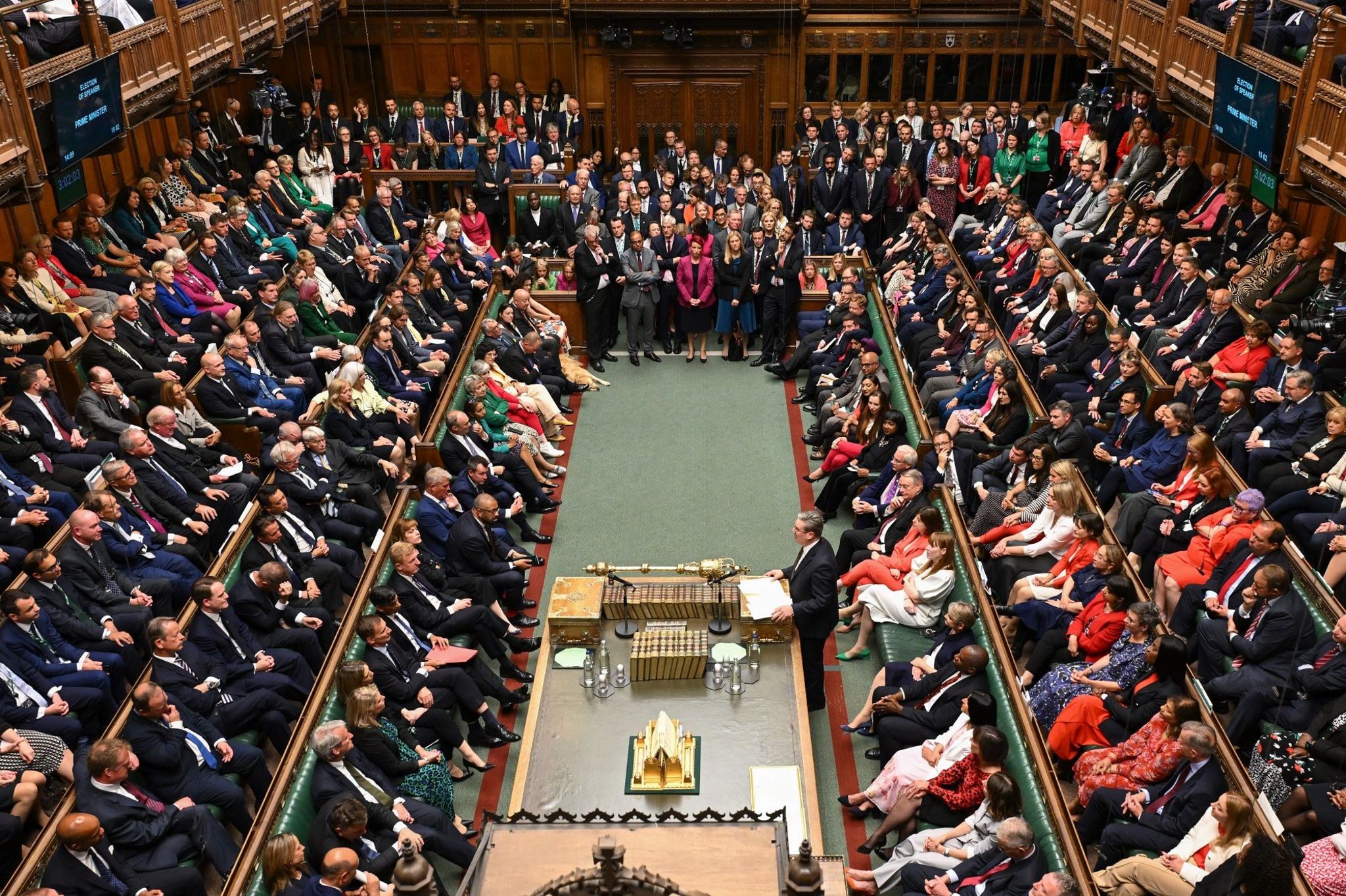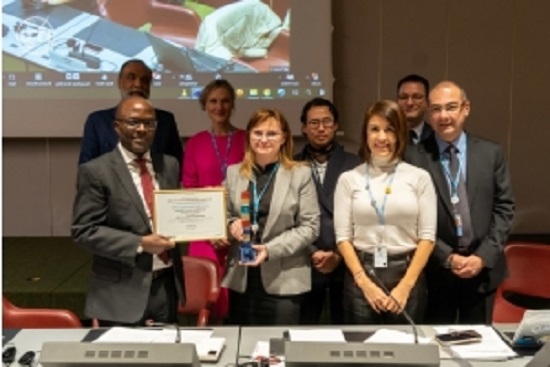The Electronic Governance (AGE) has won the "Special Award for the design of digital services" in a competition organised by the International Telecommunications Union (ITU) and GovStack. The award was given to AGE for the "Front-Office Digitization" (FOD) Platform, which is a solution for digitizing public services that was developed by the Electronic Governance Agency team as part of the Modernization of Government Services (MGSP) project. The World Bank Group provided support for the project.
The award was announced on March 13, 2023, during the World Summit on the Informational Society Forum (WSIS Forum 2023), held in Geneva, Switzerland. Moldova won the grand prize proving its world-class IT engineering talent, competing against 50 other participants, including digitally advanced countries such as Singapore, Germany, and Portugal. The projects were evaluated for almost three months, and among the evaluation criteria were alignment with the UN Sustainable Development Goals.
Olga Tumuruc, director of AGE, noted: "The prize awarded by ITU and GovStack, within the framework of WSIS 2023, is a sign of recognition of the value and opportunities offered by the FOD Platform in the process of providing public services digitally". The FOD platform is a cornerstone-system of Moldova’s path towards a digital and borderless economy that enables the rapid design and development of front-offices for digital government services.
FOD components are used to configure and develop quickly and easily individual systems for government service providers. Optionally, FOD can be integrated with any existing back-office of service providers. With FOD-based services citizens will have access to seamless governmental services, entrepreneurs will be able to conduct their businesses contactless, whilst public service providers will be able to tailor their services eliminating time consuming procedures.
The FOD platform focuses on reusing data and other available electronic platforms and tools to simplify requests for public services, minimize the time required to resolve a request, and ensure efficient back-office operations. This approach creates a scalable and sustainable technical infrastructure on which the beneficiary can continue to build services. As a result, users do not have to physically go to the public service provider to request, pay or receive the service. In the case of requests for electronic documents only, the document is delivered exclusively by electronic means.
This platform is integrated with all e-government systems of the Republic of Moldova, including digital registers (MConnect), identity and verification (MPass), payments (MPay), messaging (MNotify), as well as registration, workflow, analysis, and more. The FOD platform is already used for services such as Excerpt from the State Register of Legal Entities and Individual Entrepreneurs, Excerpt from the Real Estate Register, and Excerpt from the Register of Civil Status Documents. Three other FOD-based digital services are under development.
The International Telecommunication Union (ITU) is the United Nations' specialized agency for information and communication technologies - ICT. The World Summit on the Information Society Forum (WSIS) is the world's largest annual gathering of the ICT for Development community and a global platform that facilitates the implementation of the UN's goals to promote sustainable development.
The Electronic Governance Agency (AGE) is a public institution established in 2010 by the Government of the Republic of Moldova. AGE applies Information and Communication Technologies to improve citizens' quality of life by offering widespread electronic public services.
It is the main promoter of e-Government and sectoral transformation initiatives, functioning as a catalyst for interaction between the Government and citizens through intelligent electronic platforms and technologies. AGE ensures the digital transformation of public administration, technological modernization of public services, and governance efficiency through technology.
It also coordinates and implements strategies and public policies for digital transformation and the development of the information society.











